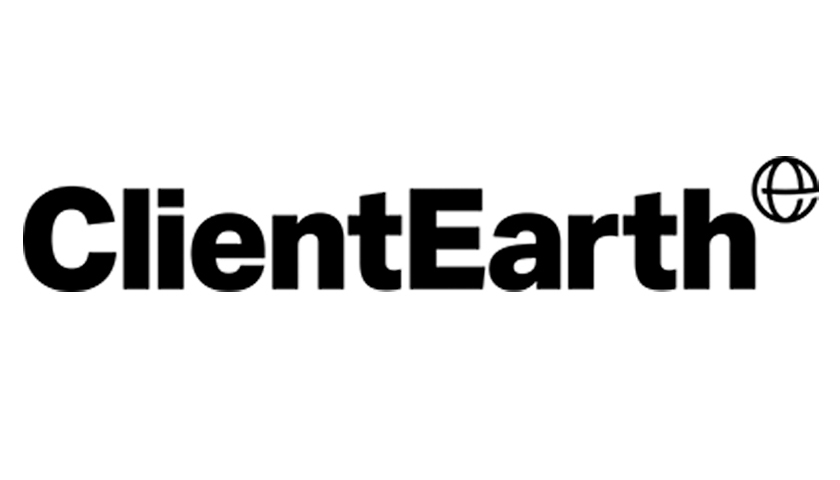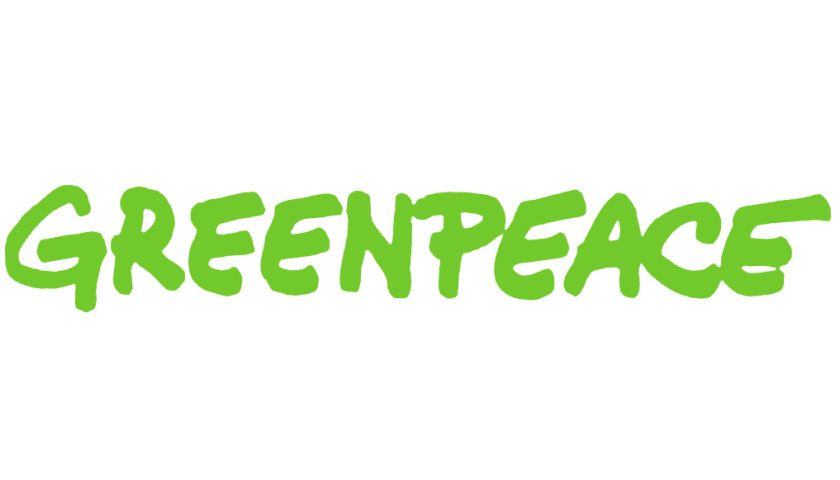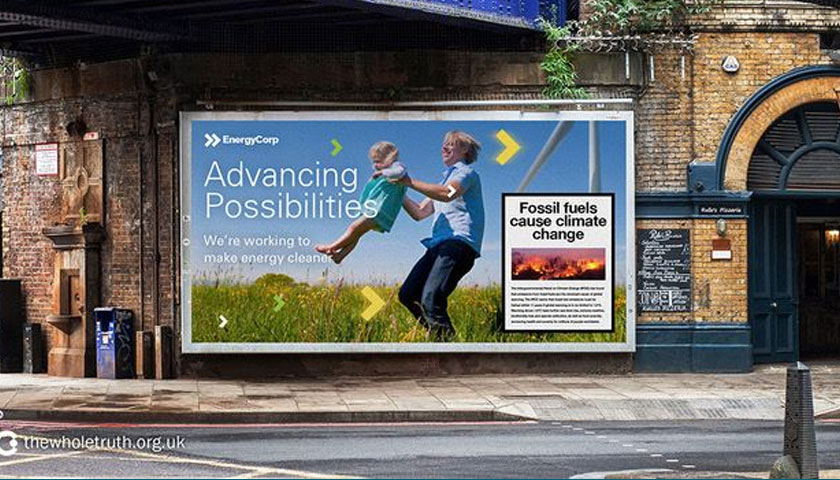Several of the world’s biggest international banks have collectively invested almost €22 billion in just two petrochemical companies over the past five years, exposing themselves to significant financial risk, according to a new study.
The report, from Belgian sustainable finance experts FairFin and commissioned by ClientEarth, reveals that between 2016 and 2021, banks including JP Morgan Chase, Barclays, HSBC, Citigroup, BNP Paribas, and ING Group invested nearly €22bn in petrochemical companies INEOS and Borealis.
Petrochemicals companies produce plastics, which are derived from fossil fuels.
There are major economic risks for banks investing in companies that produce plastic. The report highlights that the combination of an already saturated plastics market and a decline in demand for plastic, which is expected to continue to fall due to new laws restricting plastic use, puts banks’ customers’ money at great risk when used to invest in plastic projects.
This failure to assess and manage exposure could expose the banks and its customers to stranded assets.
FairFin’s Amadeo Ghiotto said: “Channelling so much money into new and unnecessary plastic production is wildly irresponsible. It is well-documented just how much of a threat plastics pose to our health, nature and the climate. Investments of this scale should be going towards tackling the energy crisis and rocketing energy prices instead of providing a lifeline for these energy-intensive fossil fuel operations.”
According to the findings, the banks’ investments contributed towards INEOS’ new plastics project “Project One” and Borealis’ “Kallo Project”, both planned to be built in the Port of Antwerp in Belgium. The data show that the lion’s share of the investments are going to INEOS.
INEOS has also been granted a government guarantee of €250-500 million from the PMV, the Flemish government’s investment fund – putting part of the financial onus on the local taxpayer.
However, last year INEOS decided to suspend half of its plans for the already delayed Project One due to demand for propylene – one of raw materials needed to make the building blocks of plastic – falling.
This is just one example of the risk banks expose their clients to by putting the odds on plastic.
Clientearth lawyer Tatiana Luján said: “These banks have people’s future in their hands, but they are choosing to risk it on vulnerable and volatile industries that contribute to climate change.
“Market signals have already caused companies like INEOS to revise their projects and this report clearly shows that funding further plastic production carries too great of a financial risk to be justified. Banks should be reading the writing on the wall so that their customers don’t bear the cost of such nonsensical investments.”
While banks are steadily putting restrictions on the financing of fossil fuels, the petrochemicals sector seems to be a distinct blind spot in the credit and investment policies of the banks targeted in FairFin’s research.
Ghiotto added: “With the petrochemicals industry being the largest industrial user of energy, and third largest greenhouse gas emitter, it is alarming that banks lack a comprehensive plastic credit and investment policy addressing these climate and financial risks. That is why we demand that banks stop investing in companies that expand plastic production.”


